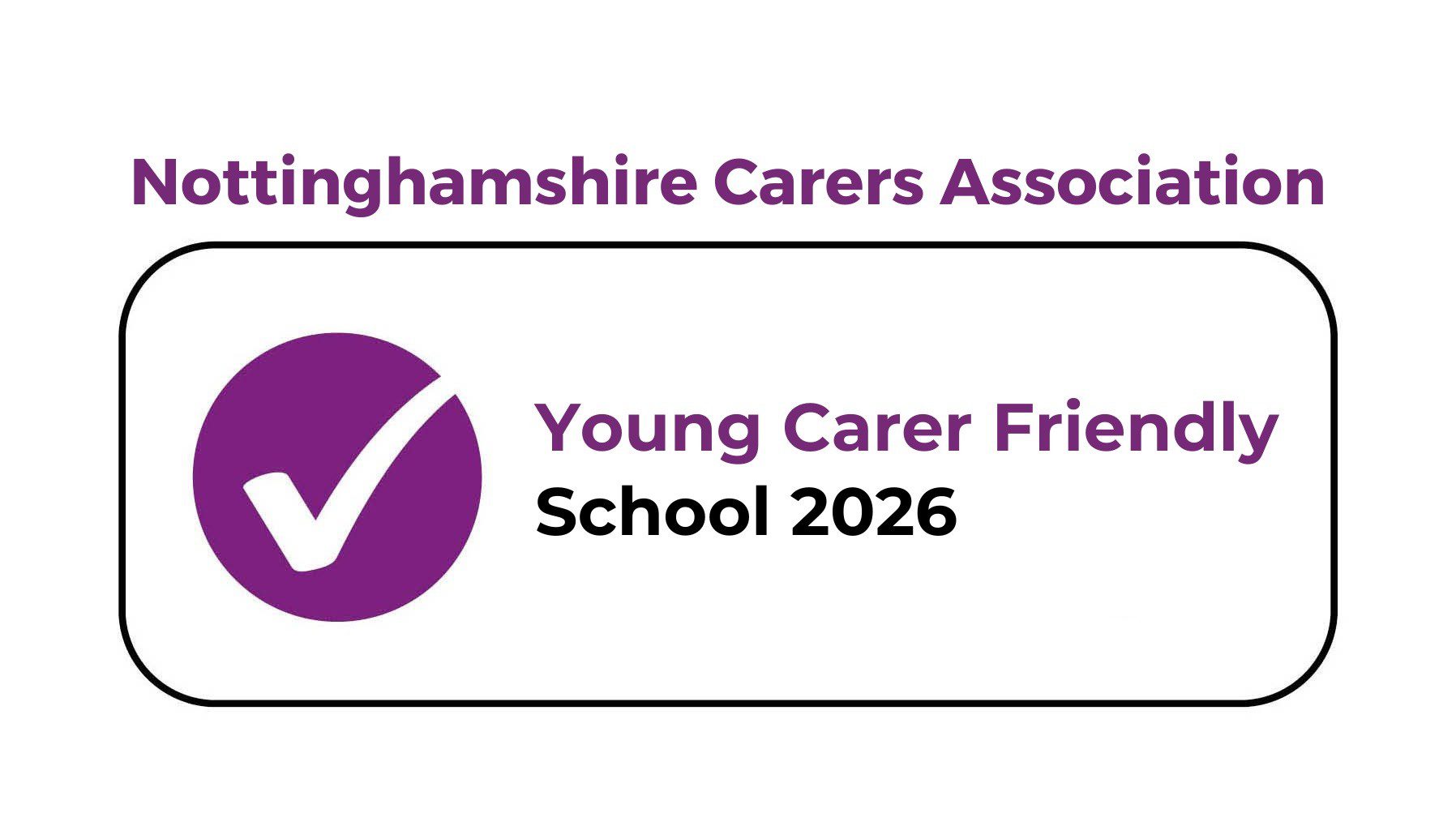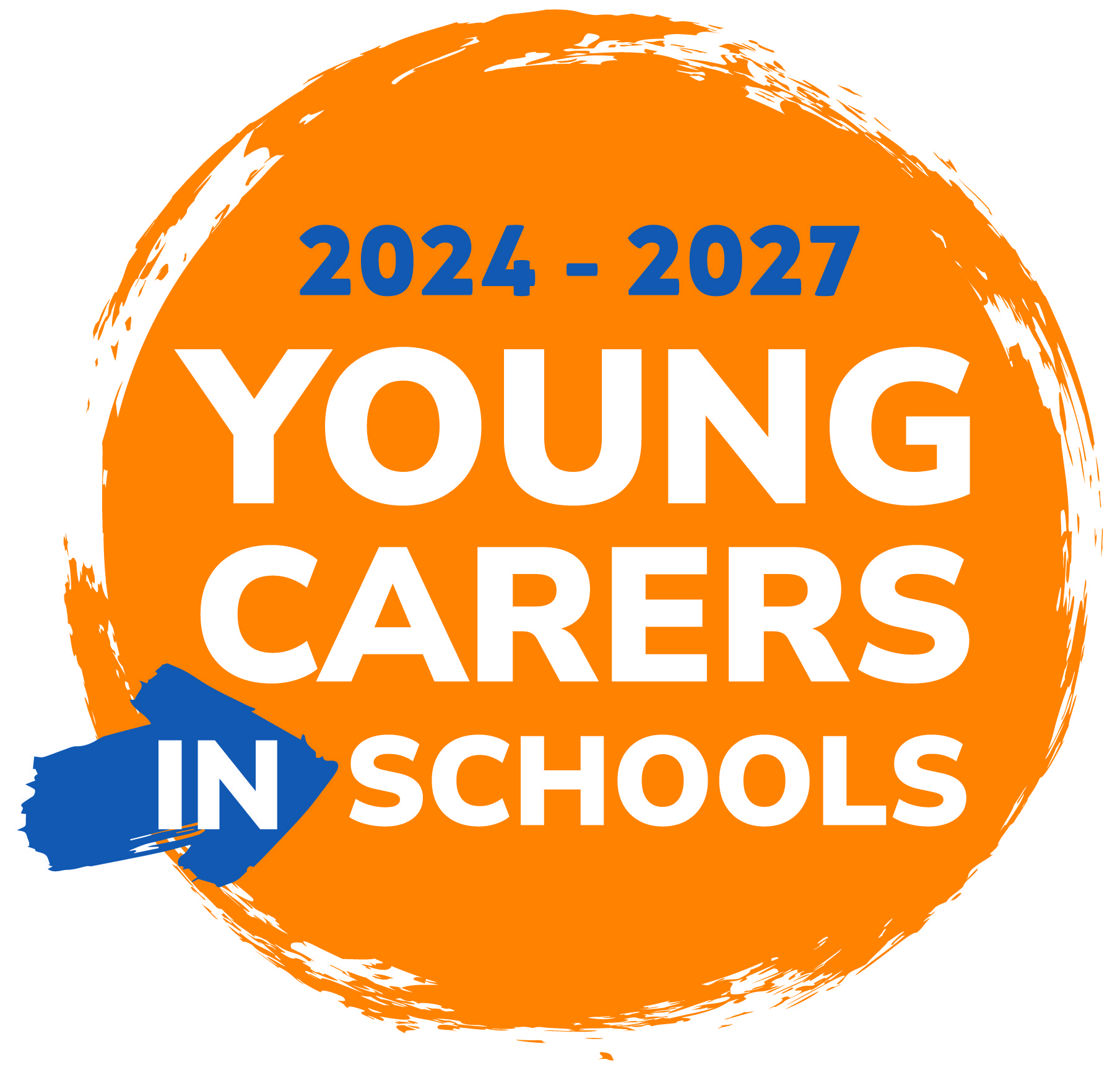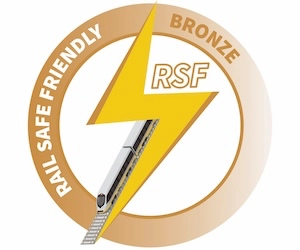Autumn term
Half term 1: Of Mice and Men by John Steinbeck
Rationale: Students explore Steinbeck’s powerful portrayal of friendship, dreams, and inequality, deepening their understanding of themes such as race, gender, and disability. They develop their own voices through persuasive writing, expressing thoughtful viewpoints on social issues.
Key knowledge:
- 1930s American context (The Great Depression)
- Friendship and loneliness
- Dreams and ambition
- Inequality and prejudice (race, gender, disability)
- Power and vulnerability
- Fate and injustice
Key vocabulary:
- Mimic
- Poverty
- Prejudice
- Migrant
- Stereotype
- Itinerant
- Companionship
- Gender
- Ageism
- Misogyny
- Disability
- Race
Key skills:
- Understand character, theme, and context
- Explore social and historical issues such as disability, race, and gender
- Use evidence to support interpretations
- Write to argue and persuade effectively
- Develop clear, structured arguments
- Use rhetorical devices and persuasive techniques
- Adapt tone and style for purpose and audience
- Use standard English accurately
Autumn term
Half term 2: Media unit with a focus on Jurassic
Rationale: Students develop essential media literacy by exploring how film and media techniques shape meaning and influence audiences. This engaging unit offers a thrilling taste of GCSE Media Studies while strengthening analytical and interpretive skills used across English. Key knowledge:
Key knowledge:
- Media language (camera, sound, editing, mise-en-scène)
- Representation of gender, power, and science
- Audience appeal and target demographics
- Genre conventions (sci-fi and adventure)
- Media industry and marketing
- Links between Media and English analysis
Key vocabulary:
- Connotation
- Denotation
- Stereotype
- Convention
- Red top
- Tabloid
- Active
- Audience
- Ownership
- Gatekeepers
- Iconography
- Intertextuality
Key skills:
- Retrieve key visual and textual information
- Infer meaning from visual media
- Analyse use of colour, font, and imagery
- Understand how media texts are constructed for specific purposes and audiences
- Explore how suspense and excitement are created through design choices
- Use subject-specific vocabulary to discuss media techniques
- Compare media conventions across texts
- Structure analytical responses effectively
- Support ideas with visual evidence
Spring term
The Black Flamingo
Rationale: Students explore themes linked to protected characteristics (race, identity, sexual orientation) through a powerful and inspiring contemporary text that celebrates individuality and self-expression. They refine analytical skills through close reading and build confidence in spoken language, preparing for the GCSE endorsement while finding their own authentic voice.
Key knowledge:
- Protected characteristics and diversity
- Self-expression and acceptance
- Poetic and narrative structure
- Voice and perspective
- Contemporary context
- Spoken language and performance skills
Key vocabulary:
- Identity
- Gender
- Gender stereotypes
- Representation
- Racism
- Resilience
- Belonging
- Intersectionality
- Drag
- Microaggression
Key skills:
- Infer meaning from language and structure
- Analyse how writers use structure to shape meaning and impact
- Understand character, theme, and context in a range of texts
- Explore how structure reflects purpose and audience
- Use evidence to support analytical points
- Write and deliver a speech on a controversial issue
- Use persuasive language and rhetorical techniques
- Organise ideas clearly for spoken delivery
- Adapt tone, style, and register for audience and purpose
- Use standard English accurately in speech and writing
- Participate in discussion and debate
- Listen and respond respectfully to different viewpoints
Summer term
Disasters and events.
Rationale: Students explore powerful poetry, fiction, and non-fiction inspired by real-world tragedies and historical moments such as the Titanic, Chernobyl, and the World Wars. They examine how writers use language and structure to express emotion and resilience, while developing their own descriptive and narrative writing to bring past events vividly to life.
Key knowledge:
- Historical and global contexts (Titanic, Chernobyl, WW1, WW2)
- Themes of tragedy, loss, and resilience
- Language and structure in poetry and prose
- Representation of social class and conflict
- Creative writing for purpose and audience
- Tone, detail, and structural control
Key vocabulary:
- Censorship
- Propaganda
- Totalitarian
- Dictator
- Democracy
- Indoctrinate
- Prejudice
- Identity
- Oppression
- Victim
- Society
Key skills:
- Retrieve key information
- Infer meaning and emotion from poetry
- Analyse language, structure, and poetic technique
- Explore how poets present complex themes such as PTSD
- Understand context and its influence on meaning
- Use evidence to support interpretations
- Compare ideas and methods across texts
- Write descriptively or narratively with clarity and imagination
- Use sensory detail and figurative language to create atmosphere
- Organise writing effectively for impact
- Use varied sentence structures and ambitious vocabulary
- Use standard English accurately
Visit our English page for more information





